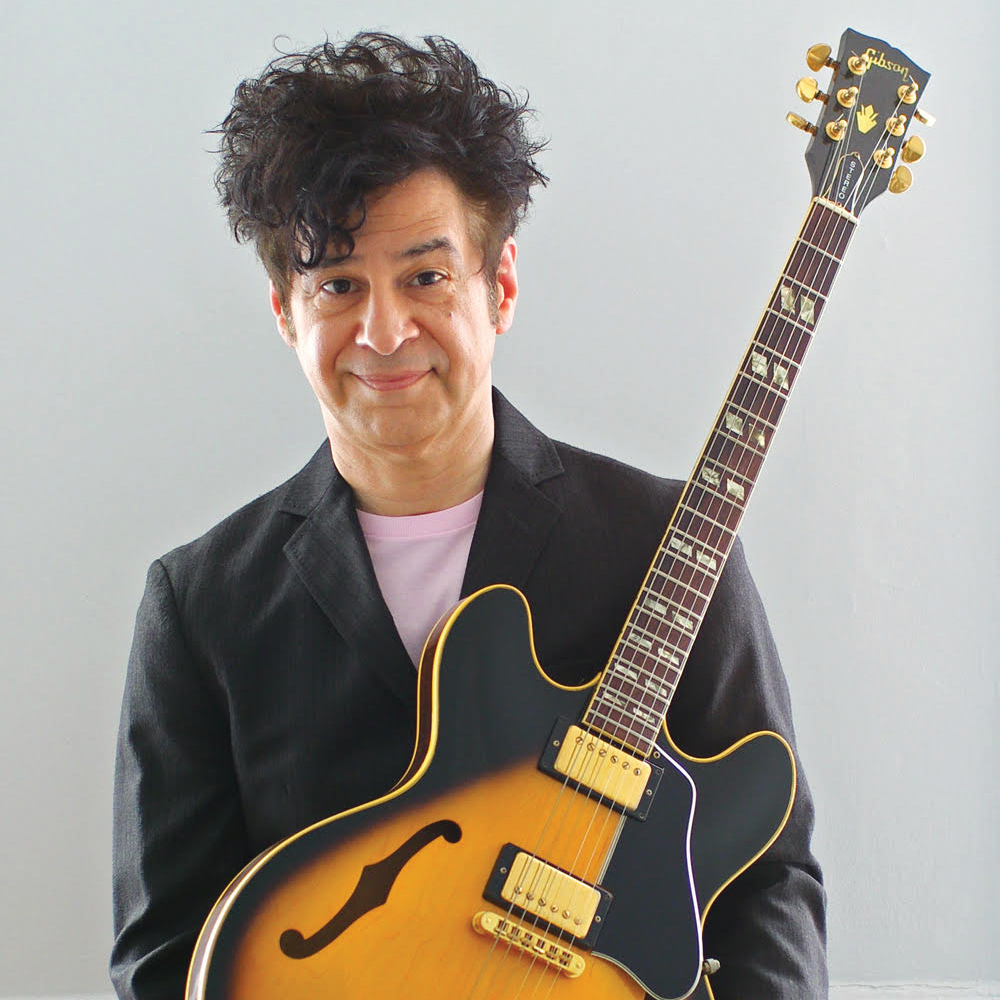Study Finds the Bass Guitarist Is Most Important Band Member
All the latest guitar news, interviews, lessons, reviews, deals and more, direct to your inbox!
You are now subscribed
Your newsletter sign-up was successful

It’s official: Bassists are more important than guitarists.
A study conducted at McMaster University in Hamilton, Ontario, set out to determine the importance of low-frequency information on music listeners. Their results, published by the Proceedings of the National Academy of Sciences, were revealing.
The study notes that music contains streams of tones throughout the auditory spectrum and is polyphonic, or multi-voiced. And you don’t need this study to tell you (but it does) that the most important melodic information is carried by the highest voice, such as the lead singer or lead guitar, and the most vital rhythmic information by the lowest voice, i.e. the bass.
In the study, participants were played high- and low-pitched tones simultaneously, with the tones sometimes shifted in time: either the high-pitched tone was off the rhythm or the low-pitched was.
The study found that listeners could more easily detect when low-pitched tones were out of rhythm, “indicating better timing encoding for lower-pitched compared with higher-pitch tones.”
“The low-voice superiority effect for encoding timing explains the widespread musical practice of carrying rhythm in bass-ranged instruments,” the study’s authors state, “and complements previously established high-voice superiority effects for pitch and melody.”
What does all this mean? It means that if you play rhythmic music like rock, metal, blues, jazz or what have you, listeners are more likely to start grooving to the bass than they are to the guitarist’s slick fretwork.
All the latest guitar news, interviews, lessons, reviews, deals and more, direct to your inbox!
Have a look at the study here. Just don’t tell your bassist.
Photo: pexels.com
Christopher Scapelliti is editor-in-chief of Guitar Player magazine, the world’s longest-running guitar magazine, founded in 1967. In his extensive career, he has authored in-depth interviews with such guitarists as Pete Townshend, Slash, Billy Corgan, Jack White, Elvis Costello and Todd Rundgren, and audio professionals including Beatles engineers Geoff Emerick and Ken Scott. He is the co-author of Guitar Aficionado: The Collections: The Most Famous, Rare, and Valuable Guitars in the World, a founding editor of Guitar Aficionado magazine, and a former editor with Guitar World, Guitar for the Practicing Musician and Maximum Guitar. Apart from guitars, he maintains a collection of more than 30 vintage analog synthesizers.

